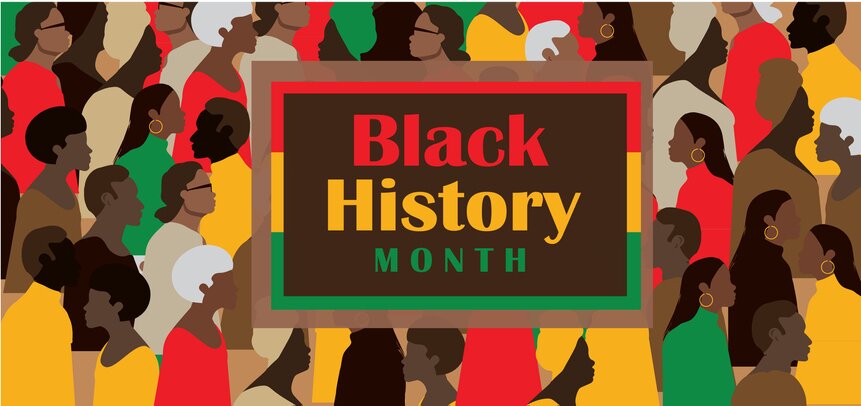How Much Do You Know About Black History Month? Check Out These Six Fascinating Facts
Black History Month celebrates the rich cultural heritage and accomplishments of Black Americans, who are an indelible part of our nation’s history.
Every February, the United States honors the contributions and sacrifices of African Americans who have helped shape our nation. Black History Month is a time to reflect on the past and use those lessons to work toward a better future.
Please read on to discover six fascinating facts about Black History Month you may not know.

1. The first celebration was known as Negro History Week.
Carter G. Woodson was an American historian and scholar. Known as the "Father of Black History," he set out to designate a time to promote and educate people about Black history and culture. Woodson envisioned a weeklong celebration to encourage the coordinated teaching of Black history in public schools to broaden our nation’s consciousness. In 1926, he designated the second week of February as Negro History Week and galvanized fellow historians through the Association for the Study of Negro Life and History (ASNLH), which he founded in 1915. In 1973, it was renamed The Association for the Study of African American Life and History (ASALH).
2. Black History Month was established in the late 19060s.
As the idea of widely educating and promoting Black history and culture gained ac acceptance, by the late 1960’s, the weeklong celebration evolved into what is now known as Black History Month. Protests around racial injustice and inequality were occurring in many parts of the U.S. at the time and were pivotal to the change.
3. President Gerald Ford was the first to recognize the national celebration.
Fifty years after the first celebrations, President Gerald Ford officially recognized Black History Month during the country's 1976 bicentennial. Ford called upon Americans to "seize the opportunity to honor the too-often neglected accomplishments of Black Americans in every area of endeavor throughout our history.”
4. February was selected because it holds special significance.
The second week of February coincides with the birthdays of Abraham Lincoln and Frederick Douglass. Lincoln was influential in the emancipation of slaves, and Douglass, a former slave, was a prominent leader in the abolitionist movement, which fought to end slavery. Woodson created Negro History Week around the two birthdays as a way of "commemorating the black past," according to ASALH.
5. There's a new theme every year.
ASALH designates a new theme for Black History Month each year, in keeping with the practice Woodson first established for Negro History Week. The 2023 theme is Black Resistance, which shines a light on historic and modern oppressions such as racism and injustice against African Americans.
6. The celebration receives support from many national organizations.
Many organizations honor Black History Month with commemorative events such as community educational sessions, art gallery productions, and prominent speakers. National Black History Month sponsors include:
- The Smithsonian Institution
- The United States Holocaust Memorial Museum
- The Library of Congress
- The National Park Service
February provides a special opportunity to reflect on the many life-changing contributions of African Americans. If you need additional resources for Black History Month or want to learn more about the services we provide, we are here for you. Please reach out to us anytime.
About Vaughn Greene Funeral Services: For more than 25 years, Vaughn Greene Funeral Services has been providing a ministry of care to Baltimore’s African American community. As a leading local, minority- and family-owned provider, we promise to provide our highest level of service and respect to families who entrust us to honor their loved ones. For more information about our funeral, cremation, memorial, repast, and grief counseling services, please call us at 410.655.0015 or visit us online at https://vaughncgreene.com/.







Comments